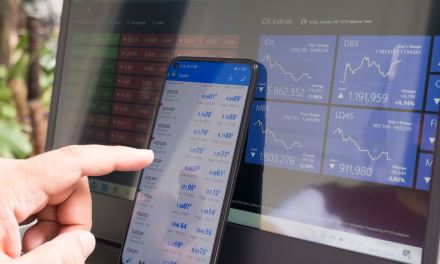A digital euro is likely to be accessible initially to euro area residents, merchants and governments while later releases may include cross-currency functionalities with central bank digital currencies outside the euro area.
That is according to the European Central Bank (ECB) which has published the third progress report on the digital euro as well as the findings of focus groups commissioned by the ECB concerning people’s views on the features of a potential digital wallet.
The ECB said that following the initial releases, non-residents who hold an account with a euro area-based payment services provider (PSP) could be eligible to use a digital euro along with selected third countries depending on accessibility rules to be set out in a legislative framework
The progress report presents a third set of design and distribution options, endorsed by the ECB’s Governing Council, that would feed into the overall design of a digital euro.
The Governing Council also proposed that a digital euro could be distributed via PSPs, as defined in the Payment Services Directive (PSD2).
In a statement, the ECB said that the a digital euro could be made available to euro area residents via existing banking apps or via an app provided by the Eurosystem. This would offer an entry point for basic payment functionalities provided by PSPs.
Supervised intermediaries including banks that distribute a digital euro would be required to provide a set of mandatory core services to end-users and could offer additional services including conditional payments or the ability to split person-to-person payments among multiple parties.
Evaluating the Digital Wallet
The ECB has also published the findings of a commissioned study using focus groups to evaluate people’s views on specific features of a potential digital wallet. The qualitative study was conducted in all euro area countries from December 2022 to January 2023.
It found that most participants were interested in trying some of the digital wallet features presented with person-to-person money transfers, in particular, considered to be an essential part of a digital wallet.
Offline payments, which are currently not widely available, were deemed a useful feature when, for example, someone has limited connectivity. Participants also valued budget management tools and conditional payments, including payment on delivery and pay-per-use.
The digital euro project is for the people of Europe”, said Executive Board member Fabio Panetta, who chairs the High-Level Task Force on a digital euro.
He added: “The Eurosystem is committed to ensuring a digital euro would be fit for purpose in a digital economy. The findings from these reports will feed into our decision on the future of the project, which will be taken in the autumn.”










